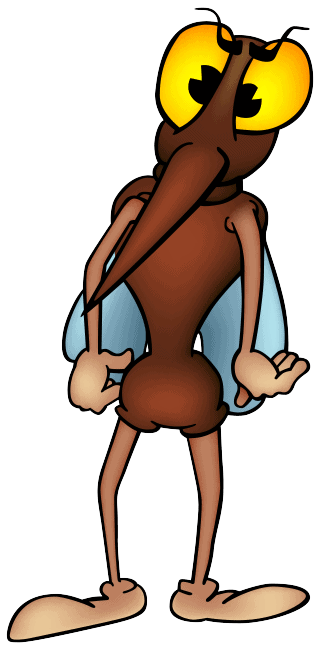How To Avoid Mosquito Bites and Best Insect Repellants
It’s important to know how to avoid mosquito bites and a little preparation here goes along way.
It’s almost cottage season and tons of families are heading up north to enjoy the outdoors with their families. One way to make your cottage experience more enjoyable – minimize exposure to insect bites. Mosquitoes and ticks are very prevalent this time of year, and though their bites are usually harmless, some insects can carry diseases such as Lyme Disease.
One way to make your cottage experience more enjoyable – minimize exposure to insect bites
 How to avoid mosquito bites:
How to avoid mosquito bites:
- Avoid outdoor activity between dusk and dawn
- Get rid of standing water around your property, as this is where mosquitos live and breed
- Wear light colored long pants and shirts
- Tuck shirts into pants and pant legs into socks
- Keep kids covered with fine mesh netting when possible
- Use insect repellent
What kind of repellent is safe?
In Canada all insect repellents are reviewed by a regulatory agency before they can be sold. Options include: DEET, oil of citronella, soybean, eucalyptus or lemon, p-menthane 3,8 diol (PMD), or icaridin/picaridin.
According to Health Canada, children younger than 6 months should avoid DEET use
What is the best insect repellent?
DEET has been found to be the most effective product in preventing insect bites. DEET (N,N-diethyl-meta-toluamide) is a chemical that biting insects try to avoid. The amount of DEET in a product is listed as a percent. The higher the percentage of DEET, the longer the duration of protection from bites is.
 According to Health Canada, children younger than 6 months should avoid DEET use. Instead keep clothing long and light colored. Your child should be covered with a fine mesh cover when in a stroller or playpen. Children 6 months – 2 years of age can use up to 10% DEET once a day. This should provide bite protection for up to 4 hours. Children older than 2 years can use 10% DEET up to 3 times a day safely. Adolescents and adults can use products with up to 30% DEET. I recommend pregnant and breastfeeding mothers avoid DEET products until further research is conducted.
According to Health Canada, children younger than 6 months should avoid DEET use. Instead keep clothing long and light colored. Your child should be covered with a fine mesh cover when in a stroller or playpen. Children 6 months – 2 years of age can use up to 10% DEET once a day. This should provide bite protection for up to 4 hours. Children older than 2 years can use 10% DEET up to 3 times a day safely. Adolescents and adults can use products with up to 30% DEET. I recommend pregnant and breastfeeding mothers avoid DEET products until further research is conducted.
Alternative chemical repellents include 20% Icaridin/picaridin , which are considered safe in children over age 6 months. It can provide bite protection for up to 5 hours.
I wish that natural repellents worked as well as DEET, but insects don’t seem to avoid them as much.
‘Natural’ repellents
I wish that natural repellents worked as well as DEET, but insects don’t seem to avoid them as much. Many natural products do not protect against tick bites. They may cause skin or eye irritation and many aren’t safe for use in children younger than 2 years.
Please note, oil of eucalyptus should not be used in children younger than 3 years of age as it can be toxic. Citronella should not be applied to the skin of children younger than 2 years.
Are there any safe mosquito repellent for babies?
The short answer is ‘no’. There are no known safe and effective insect repellents for children younger than 6 months. For these children you want to avoid bites with physical methods such as clothing and mesh coverings.
How to apply safely
- Children younger than 10 years should not apply their own repellent.
- Only spray in a well ventilated area to avoid inhalation
- Don’t apply to your children’s’ hands, or spray near the eyes
- Do not spray on sunburned skin
- Ensure you also use sunblock during the day
- Reapply after swimming
Interesting Mosquito Facts and What To Put On Mosquito Bites.
Everything You Need to Know About the Zika Virus.
Dina is a wife, mother of 4, and adrenaline junky. She loves to share children’s health information from her professional and personal experience. More About Dr Dina.










